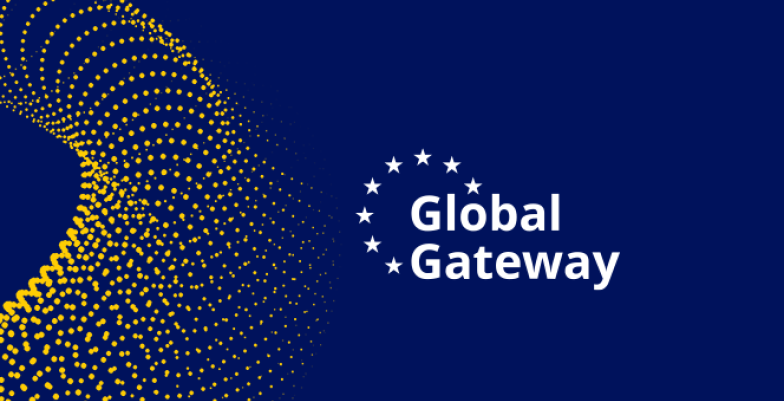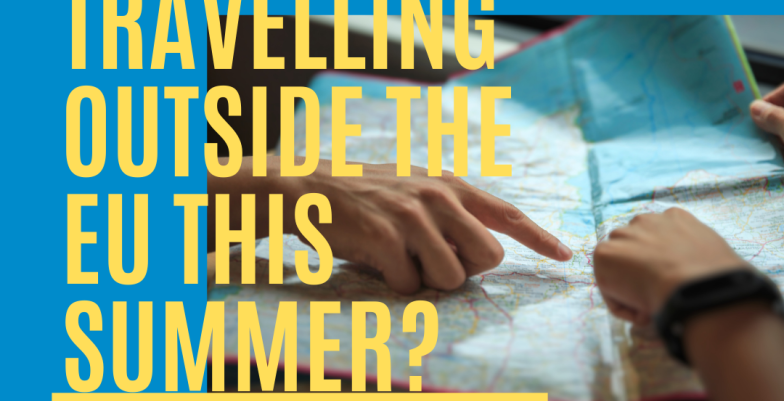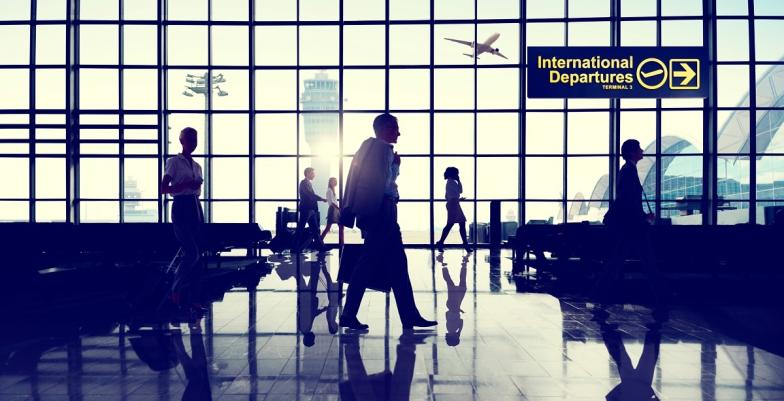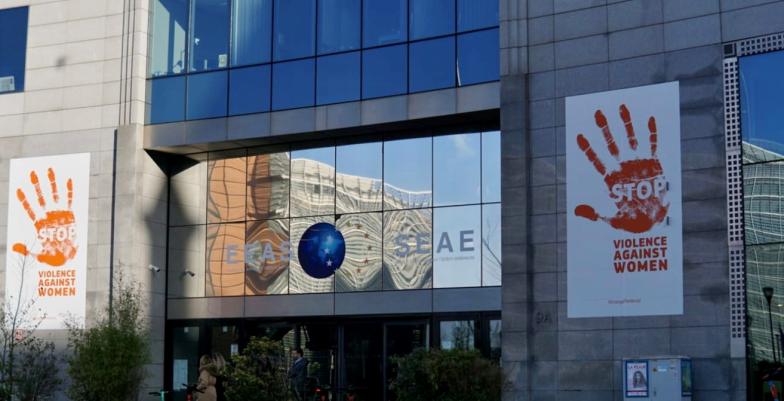Practical Information
Consular protection for EU citizens in Bangladesh
Chapeau:
You are an EU citizen in Bangladesh?
Did you know that consular protection is one of the fundamental rights of EU citizens, associated with EU citizenship?
Learn more about your right to consular protection and how you can benefit from it in Bangladesh.
Consular protection of EU citizens
Consular protection is the help provided by a State to its citizens who are living or travelling outside of their home country when they are in need of assistance.
Typically, consular protection can include cases such as:
- Loss of travel documents;
- A serious accident or serious illness;
- Relief and repatriation in case of an emergency;
- Being a victim of crime;
- Arrest or detention;
- Death.
In Bangladesh, 7 EU Member States (Denmark, France, Germany, Italy, The Netherlands, Spain, Sweden) have a resident Embassy and Hungary a Consular Office, while other EU Member States do not.
Any EU citizen abroad whose own Member State has no local representation is entitled to receive consular protection from the diplomatic or consular authorities of any other EU Member State. In that case, EU citizens are entitled to benefit from consular protection under the same conditions as the nationals of that other EU Member State.
Please note that the EU Delegation in Bangladesh cannot provide direct consular assistance.
You can find contact details of the resident EU Member States Embassies in Bangladesh in the list below. Furthermore, you can find Emergency contact details of all EU Member States Embassies in the document below.
You are an EU citizen in need of consular protection in Bangladesh?
- You can contact your resident Embassy.
- If your EU Member State has no resident Embassy/Consular office able to provide consular protection in Bangladesh, you can turn to another EU Member State for consular protection, noting there are specific arrangements for your consular protection if you are from Finland (please contact the Danish Embassy in that case).
As an EU citizen, you can take simple steps to make consular protection more effective. For example:
- Following the travel advice issued by your country’s Foreign Ministry.
- When abroad, registering with your Embassy or Consulate and/or through dedicated platforms, if applicable.
- Other tips include keeping an electronic copy of your travel documents, subscribing to a travel insurance or saving crisis contact details.
Embassies of EU Member States in Bangladesh
Royal Danish Embassy
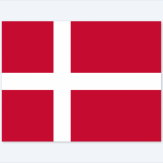
Bay´s Edgewater
Plot: NE(N) 12, North Avenue
6th Floor
Gulshan 2, Dhaka 1212
Phone: +880 (2) 5566 8900
Email: dacamb@um.dk
dacambconsular@um.dk
French Embassy

Madani Avenue,
Baridhara Diplomatic Enclave,
Dhaka 1212
Phone: +880 2 55 66 86 00
Emergency phone:
+880 173 0333 536
German Embassy
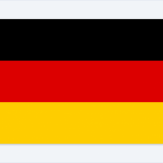
11 Madani Avenue,
Baridhara Diplomatic Enclave,
Dhaka 1212
Phone:
Berlin crisis team (consular emergencies):
+49 30 1817 2000
Emergency phone Embassy:
+880 171 1564 588
Italian Embassy

Road n. 74/79, Plot n. 2/3,
Gulshan 2, Dhaka 1212
Phone: +88028832781; +88028832782 ; +88028832783;
Email: amb.dhaka@esteri.it;
Royal Netherlands Embassy
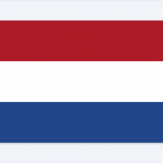
Embassy of Spain
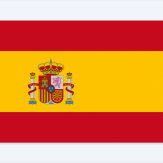
Road 90, House 49,
Gulshan-2, Dhaka 1212
Phone: +8802-8881921
Emergency phone Embassy: +880 1311 001839
Email: emb.dhaka@maec.es
Web: https://www.exteriores.gob.es/Embajadas/dhaka/en/Paginas/index.aspx
Embassy of Sweden

Bay's Edgewater, 6th Floor
Gulshan 2
Dhaka
Phone: +880 255 668 500
Email: ambassaden.dhaka@gov.se
Web: https://www.swedenabroad.se/en/embassies/bangladesh-dhaka/#
EU - Schengen Consular Contacts List
You can find Consular Emergency contact details of all EU Member States Embassies in the document below for download or print
The work of the EEAS, including EU Delegations
To facilitate the exercise of the right to consular protection, in 2015, the Council adopted Directive 2015/637, the so-called ‘Consular Protection Directive’. Among its many aspects, the Consular Protection Directive recognises and enhances the role of the EEAS and EU Delegations in contributing to the implementation of the EU citizens’ right to consular protection. At the same time, it places an obligation on them to closely cooperate and coordinate with EU Member States.
Accordingly, the EEAS contributes to coordinated efforts on consular crisis preparedness and management. From Brussels, the EEAS guides EU Delegations regarding consular cooperation, in addition to supporting EU Delegations and Member States in the event of a consular crisis. From an EU perspective, we talk about a consular crisis when the life, health or security of a large number of EU citizens in a third State are at risk or in danger. This can be the case because of a natural disaster or large accident, or due to growing political instability.
In that context, the EEAS works in close cooperation with the European Commission (particularly DG ECHO-ERCC and DG JUST), and EU Member States (in particular crisis centers). The EEAS also supports the Council Presidency on consular matters, including through active participation in the Council Working Party on Consular Affairs (COCON).
The EEAS also cooperates with other partners, including countries outside of the EU and international organisations.
In 2019, the Council also adopted a Directive on an EU emergency travel document. It complements the Consular Protection Directive by facilitating the issuing of a modernised and secure EU Emergency Travel Document.
For more on the EU’s work in the area of consular protection, visit also the dedicated pages on the European Commission and the Council websites.
What does this mean in practice?
You want to know how coordination and cooperation on consular matters between EU Member States and the EU can help EU citizens? Here are three examples.
In 2019, the deadly attacks in Sri Lanka on Easter Sunday killed more than 250 persons and left more than 500 injured. As part of a coordinated response, the EU and EU Member States joined forces to set up of an EU Help Desk at the Colombo airport. The Help Desk assisted EU citizens with a variety of issues, such as travel documents or guidance on the availability of return flights.
The sudden mobility restrictions after the outbreak of the COVID-19 pandemic left more than 600,000 EU citizens stranded abroad in early 2020. In a unique exercise, the EU and its EU Member States joined forces to organise their repatriation. The EEAS had a key role in this effort, supporting Member States in their consular assistance to EU citizens through the network of EU Delegations. For more information on the repatriation exercise, watch the video or visit this page.
The UEFA European Football Championship (Euro 2020) was hosted by 11 different countries, of which three (Azerbaijan, Russia and the UK) were outside of the EU, and at a time when COVID-19 restrictions were still in place. Where required, the EU Delegations engaged with the local authorities on behalf of the EU Member States to get details on the COVID-19 measures. This enabled to inform EU supporters attending games in Baku, Glasgow, London or Saint Petersburg. Such engagement also served to raise possible consular concerns such as the large-scale mobility restrictions for EU fans, pre-empting cases where consular assistance could be needed.

